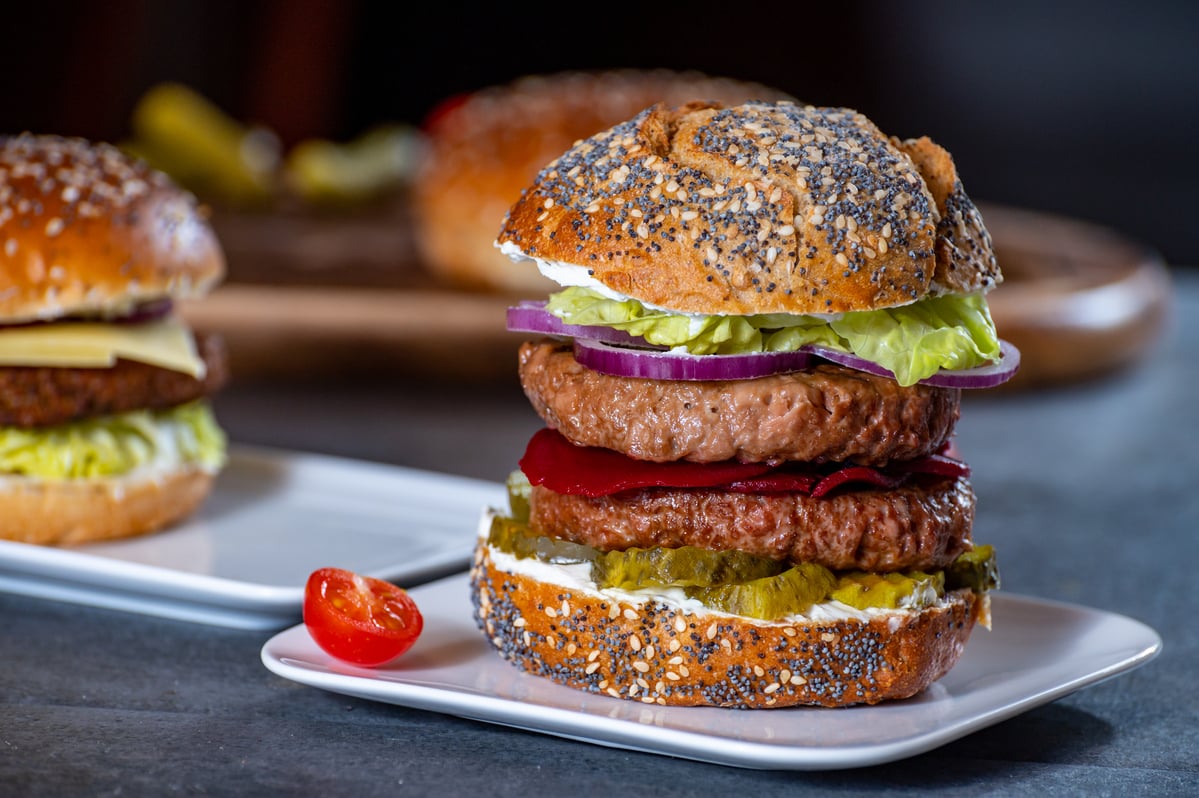Just last month, Philadelphia, the fifth largest city in the United States, passed a new 1.5 cents per ounce tax on sugary beverages. This has fueled concerns that industry leaders Coca-Cola (KO 0.43%) and PepsiCo (PEP 0.81%) may soon see a wave of soda taxes implemented by cities following Philadelphia's lead.
However, as you will learn in this segment from Industry Focus: Consumer Goods, the experience of the two consumer goods giants south of the border could provide a template for how to deal with punitive soda taxes.
A full transcript follows the video.
This podcast was recorded on July 19, 2016.
Vincent Shen: I was living in New York when Bloomberg tried to pass the ... when he tried to tighten the serving of the ... I think it was 16 ounces or more at restaurants, movie theaters, stadiums. There was quite a bit of uproar over that. I remember just walking past a 7-Eleven, they had signs on the sidewalk outside the door basically mentioning this and how it's like we don't need to be a "nanny state" so to speak.
That ended up ultimately getting shut down by the courts I believe, but you mention Philadelphia recently had some success with that tax specifically and also, I wasn't aware of the South Africa developments, the South African developments, but in Mexico overall, I believe it was back in January or ... I think it was January 2014, they passed a one peso per liter tax essentially. That raised prices there approximately 10%.
Results seem to have been generally successful or maybe a little bit more mixed, but obviously this is a trend that has picked up. The companies, both Pepsi and Coca-Cola have lobbied quite a bit against regulations like these obviously hurting their bottom line. I saw in the Wall Street Journal that the industry overall has spent over $100 million since 2009 battling similar tax proposals in more than two dozen cities at least within the U.S. The steam is picking up and the company is having to spend quite a bit of money to try and fight that trend.
Asit Sharma: That's true and this is, what's maybe a sign of ingenuity in each of these companies, is they have this split brain, left brain, right brain. One side of the brain says we've got to fight the regulation. The other side of the brain says we've got to cope, and we've got to find ways where we can still obtain the margins that we need out in the marketplace.
You mentioned Mexico. Coke and Pepsi had a little bit of lead on that. The actual tax passed I think in October of 2013 and then as you mentioned, Vince, at the beginning of 2014 they had to sell with this tax in place. What we've seen is that both companies took sort of an immediate hit in Mexico, but they're selling more juices which are borderline and can escape the tax. They are working with their margins in Mexico to see if they can be a little bit more profitable there and absorb some of it. They're also looking to introduce new labels wherever possible.
They have this template that you'll see in evidence in Philadelphia and other cities. Mexico is sort of the test case. It's worked out for the groups who were able to lobby the Mexican legislature, because consumption of soda has declined somewhat in Mexico as a result of that tax, but Pepsi and Coke haven't taken so big a hit there. They are gradually gaining back the margins and organic sales that they had.







